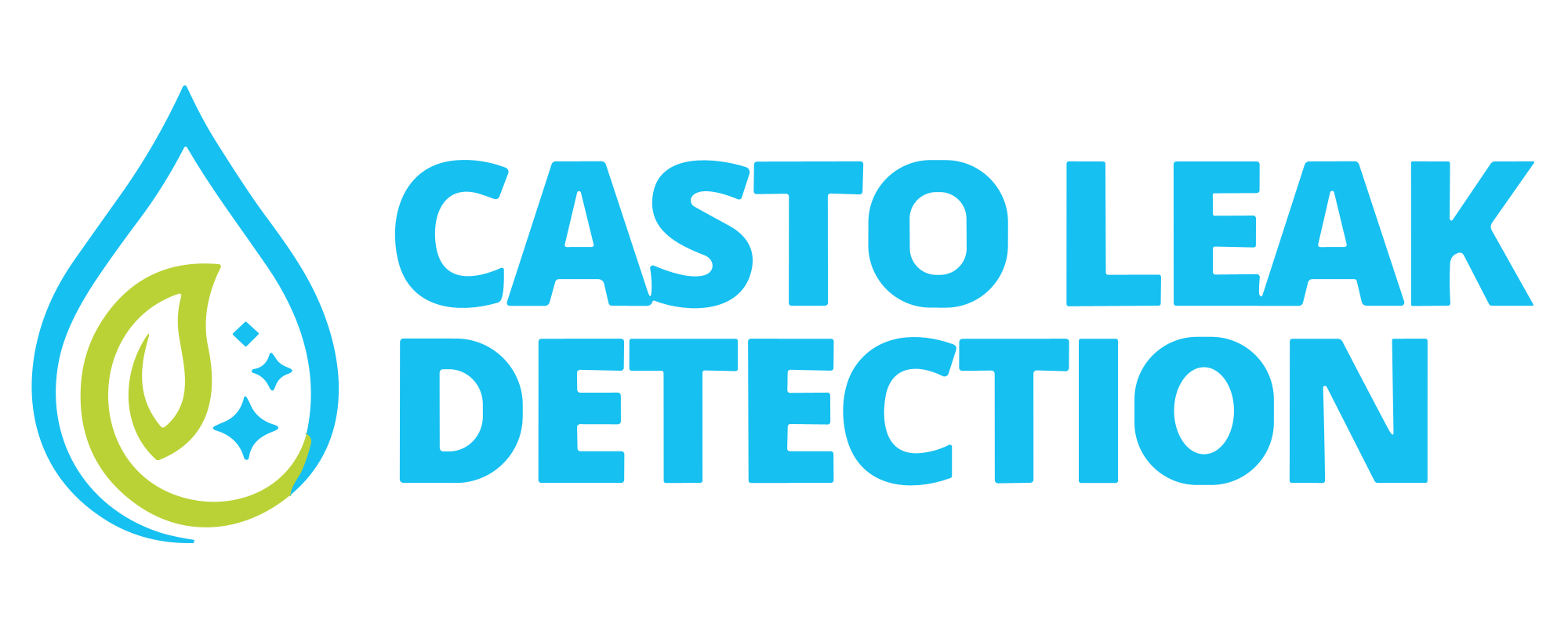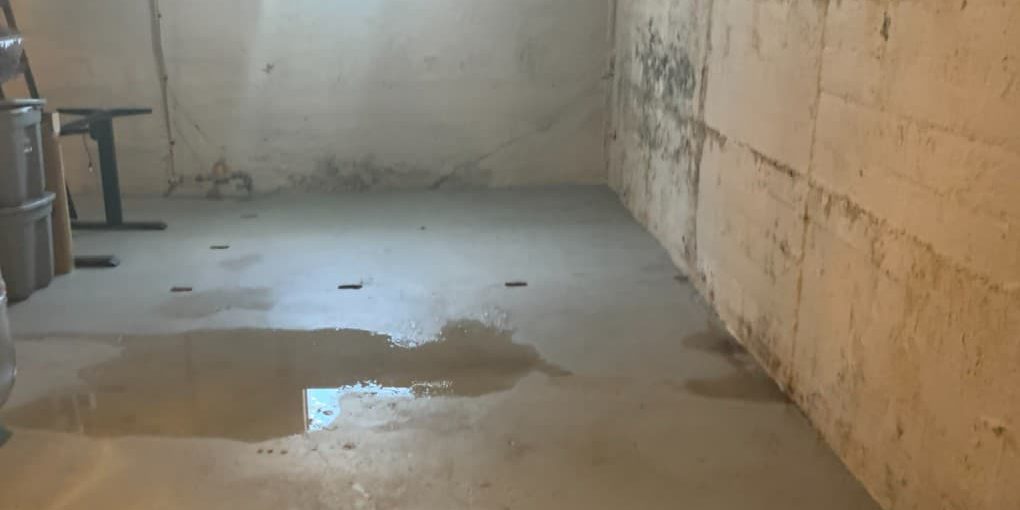Dealing with a wet basement can be a daunting homeowner challenge. Basement water leak repair is not only essential for maintaining the structural integrity of your home but also for ensuring a healthy living environment. This detailed guide will cover everything you need to know about identifying, fixing, and preventing basement water leaks.
Understanding Basement Water Leaks
Signs of a Basement Water Leak
Identifying a basement water leak early can save you from costly repairs. Signs include damp walls, a musty smell, peeling paint, puddles on the floor, and visible mold growth. Regular inspections are crucial for early detection and timely basement water leak repair.
Common Causes of Basement Water Leaks
Basement water leaks often result from external pressures such as hydrostatic pressure, which forces water through cracks. Other causes include poor drainage around the foundation, clogged gutters, and cracks in the basement walls or floor.
The Consequences of Ignoring Leaks
Ignoring basement water leak repair can lead to severe structural damage, including weakened foundations and rotting wood. Health risks from mold and mildew are also significant, as these can cause respiratory issues and allergic reactions.
Initial Steps Before Repairing a Water Leak
Assessing the Extent of the Leak
Before beginning any basement water leak repair, assess the extent of the damage. This involves checking the entire basement area for moisture signs and determining the water entry point.
Preparing the Area for Repair
Prepare the repair area by clearing out any furniture, storage items, and debris. Ensuring the area is accessible and safe for working is essential for effective basement water leak repair.
Tools and Materials Needed
For DIY basement water leak repair, you will need hydraulic cement, waterproof sealants, a dehumidifier, buckets, and possibly a wet vacuum for water removal. Gather these tools before you start the repair process.
DIY Solutions for Minor Basement Water Leaks
Sealing Cracks in Walls
For minor leaks, sealing cracks with hydraulic cement or an epoxy injection can be an effective basement water leak repair. These materials are specifically designed to set quickly and block water effectively.
Patching Floor Cracks
Similar to wall cracks, floor cracks can be sealed using epoxy or polyurethane injections. These materials expand upon contact with water, filling the cracks completely and providing a durable basement water leak repair solution.
Applying Waterproof Coatings
Waterproof coatings can be applied to both walls and floors. These coatings form a barrier against moisture, providing an additional layer of protection in your basement water leak repair efforts.
Addressing Poor Drainage: A Key Culprit
Improving Gutter Systems
Ensure that your gutters are clean and free of debris to prevent water from spilling over and accumulating around your foundation—a common cause that necessitates basement water leak repair.
Installing or Repairing Downspouts
Downspouts should extend at least five feet away from your home’s foundation. If they don’t, consider extending them or installing a downspout diverter as part of your basement water leak repair strategy.
Optimizing Landscape Drainage
Proper landscaping can significantly affect basement moisture levels. Ensure that the ground slopes away from your foundation to keep water from pooling and leading to basement water leak repair needs.
Advanced Repair Methods for Persistent Leaks
Interior Drain Tile Systems
An interior drain tile system can be installed underneath the basement floor to capture water and redirect it away from your home, providing a robust solution for ongoing basement water leak repair.
Exterior Waterproofing Solutions
Exterior waterproofing involves excavating around the house to the foundation level and applying a waterproof coating. This method is highly effective but requires professional execution as part of a comprehensive basement water leak repair.
Sump Pump Installation and Maintenance
Installing a sump pump is another effective way to manage basement water. Regular maintenance ensures that the pump operates correctly when needed, vital for successful basement water leak repair.
Professional Help: When to Call the Experts
Signs You Need Professional Assessment
If you face extensive damage or cannot determine the leak’s source, it’s time to call in professionals. Expert assessment is crucial to effective and enduring basement water leak repair.
Choosing the Right Waterproofing Contractor
Select a contractor with extensive experience and good reviews. Ensure they offer a warranty on their work as part of their basement water leak repair services.
What to Expect During a Professional Repair
Professional basement water leak repair may involve assessments, several repair methods, and possibly significant construction work, depending on the severity of the leak.
Preventative Measures to Avoid Future Leaks
Routine Basement Inspections
Regular inspections can prevent the need for major basement water leak repair. Check for any signs of moisture or deterioration, especially in areas prone to water intrusion, such as around windows, doors, and foundation walls.
Maintaining Your Drainage Systems
Regularly clean gutters and downspouts to ensure proper water flow away from your home’s foundation. Clear any debris that may block drainage channels, preventing potential basement water leak repair needs.
Landscape and Exterior Maintenance
Grade the soil away from your foundation to prevent water from pooling around your home. Ensure that landscaping features, such as flower beds and shrubs, do not obstruct drainage paths, reducing the likelihood of basement water leak repair issues.
The Role of Dehumidifiers in Managing Basement Moisture
Benefits of Using a Dehumidifier
A dehumidifier can help control moisture levels in your basement, reducing the risk of mold growth and dampness. It creates a drier environment, making it less conducive to basement water leak repair needs.
Choosing the Right Dehumidifier
Select a dehumidifier with adequate capacity for your basement size. Look for features like automatic shut-off and adjustable humidity settings to maximize efficiency and effectiveness in your basement water leak repair efforts.
Best Practices for Dehumidifier Use
Place the dehumidifier in a central location in your basement, away from walls and furniture, for optimal air circulation. Regularly empty and clean the water reservoir to prevent mold and bacteria buildup as part of your basement water leak repair strategy.
Legal Considerations and Insurance for Water Damage
Understanding Your Homeowner’s Insurance Policy
Review your insurance policy to understand coverage for water damage caused by basement leaks. It’s essential to know what is and isn’t covered to prepare for potential basement water leak repair expenses.
Legal Responsibility for Water Damage
Understand your legal obligations regarding water damage to neighboring properties. Be proactive in addressing leaks to prevent legal issues and costly basement water leak repair disputes.
Documenting Damage for Claims
Document any water damage thoroughly with photographs and written descriptions. Keep records of any repairs or maintenance performed as part of your basement water leak repair efforts to support insurance claims.
Cost of Basement Water Leak Repairs
Estimating DIY Repair Costs
DIY basement water leak repair costs can vary depending on the materials and tools needed. Budget for items like hydraulic cement, sealants, and any equipment rentals required for your specific basement water leak repair project.
Budgeting for Professional Repairs
Professional basement water leak repair costs depend on the extent of the damage and the chosen repair method. Get multiple quotes from reputable contractors to ensure competitive pricing for your basement water leak repair needs.
Cost-Effective Prevention Techniques
Investing in preventative measures like proper drainage and regular maintenance can save you money in the long run by reducing the likelihood of basement water leak repair needs. Allocate funds for routine inspections and upkeep to avoid costly repairs.
Long-Term Benefits of Addressing Basement Water Leaks
Increased Property Value
A dry basement adds value to your home by preserving its structural integrity and creating additional usable space. Addressing water leaks demonstrates proactive maintenance, appealing to potential buyers and enhancing your property’s marketability.
Improved Health and Safety
Eliminating moisture and mold growth improves indoor air quality, reducing the risk of respiratory issues and allergies. Prioritizing basement water leak repair protects the health and safety of your family, providing peace of mind.
Peace of Mind
Knowing that your basement is dry and your home is protected from water damage offers invaluable peace of mind. Investing in basement water leak repair and preventative measures ensures a safe, comfortable living environment for you and your loved ones.
Frequently Asked Questions (FAQs)
- What are the signs of a basement water leak?
Symptoms include damp walls, musty odors, water stains, peeling paint or wallpaper, and visible mold or mildew growth.
- What causes basement water leaks?
Common causes include hydrostatic pressure from groundwater, poor drainage around the foundation, cracks in basement walls or floors, and leaking plumbing or appliances.
- Can I repair a basement water leak myself?
DIY repair is possible for minor leaks, such as sealing cracks or patching floor cracks. However, more extensive repairs may require professional assistance.
- How do I find the source of a basement water leak?
Start by inspecting the basement for signs of moisture and tracing the source of water entry. Common areas to check include walls, floors, windows, and the foundation.
- What tools and materials do I need for basement water leak repair?
Essential tools include hydraulic cement, sealants, a wet vacuum, buckets, and possibly a dehumidifier. The specific materials needed depend on the type and severity of the leak.
- How can I prevent basement water leaks in the future?
Preventative measures include maintaining proper drainage around the foundation, keeping gutters and downspouts clean, sealing cracks and gaps, and ensuring adequate ventilation and insulation.
- Should I hire a professional for basement water leak repair?
Professional assistance may be necessary for complex or extensive repairs, such as installing drainage systems or exterior waterproofing. Contractors can provide expertise and ensure lasting solutions.
- Will my homeowner’s insurance cover basement water damage?
Coverage varies depending on your policy and the cause of the damage. It’s essential to review your insurance policy and understand what is covered regarding basement water leaks.
- How much does basement water leak repair cost?
Costs vary depending on the extent of the damage, the chosen repair method, and whether you hire professionals. DIY repairs may be more affordable, but extensive damage can incur significant expenses.
- Are there any legal considerations for basement water leak repair?
Understanding legal responsibilities, such as liability for water damage to neighboring properties, is crucial. Documentation of repairs and communication with neighbors can help prevent legal disputes.
- What are the long-term benefits of addressing basement water leaks?
Benefits include increased property value, improved indoor air quality and safety, and peace of mind knowing your home is protected from water damage and mold growth.
- How often should I inspect my basement for water leaks?
Regular inspections, at least once a year, are recommended to catch any signs of moisture or water intrusion early and prevent extensive damage.
Conclusion
In conclusion, proactive basement water leak repair and preventative measures are essential for maintaining your home’s integrity and safeguarding your family’s health. By understanding the causes of basement water leaks and implementing effective solutions, you can mitigate the risk of damage and enjoy a dry, comfortable basement for years to come.







